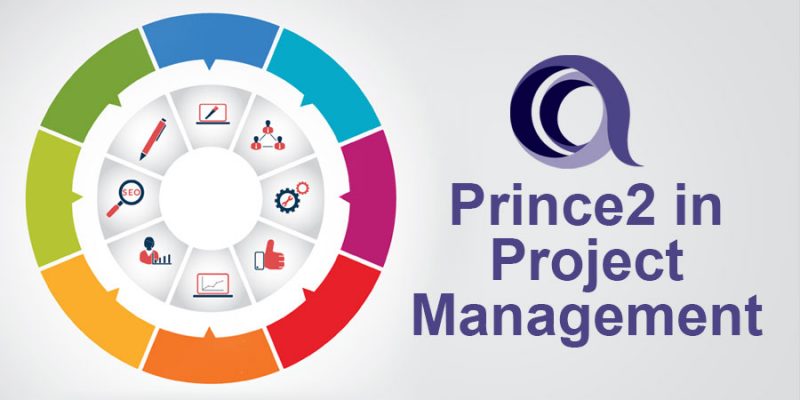Project management is about managing the enterprise, visioning a future and organizing the resources available to you, in order to meet those future experiences with excellence. Managing projects is no less than directing a team towards the achievement of a common goal, in a flexible and dynamic way.
Successful project managers are those who can adapt their approach and influence by having close awareness of the unique requirements within the organization’s existing structures and practices, usually having attended PRINCE2 training.
How do we Manage a Project?
Firstly, we need to have clarity about what projects we are undertaking. We can then allocate tasks and hierarchy to the work to make it more effective. Main components of a project are development, definition and construction. Development is the underlying structure, so to speak, and is the end goal of the project management. There can be many different ways to approach a project and it is critical that the project is defined to fit your organization’s context or the context of the organization where you’re performing the work.
Things to consider for Project Management includes:
- What is the time frame?
- What is the target?
- How will you know whether you’ve done well or not?
- How will you implement testing and checking?
- What will you need from the group to manage from?
- What is your team’s understanding of the work ahead?
Read: Why is Mobile App Development Needed for Your E-commerce Project?
Construction is the nuts and bolts of any project. This includes how the project is organized at a structural level. How will it fit in with processes and procedures in the organization? What are your processes, systems and procedures? Who will you directly report to? Who are the participants or stakeholders? How will you manage? Organizations often manage more than one project at a time. We have found that managing several projects at a time requires specific underlying processes and structures. In some organizations it is normal to walk away from one article project after another and not come back to a single one as per project management.
However, it is very important to ensure that all programs are well-recorded, identified and understood within the organization. Any changes to the organization or the target date need to be reported back to all participants. Projects have a closed-loop cycle to end (or gate) at point of completion. As with all work, everything that happens in the project has to be recorded in the same way, either as a report or as a work-in-progress. So everything that has been done, what is being done, who is doing what and when everything that has been done needs to be recorded.
Plan on an Exercise for Project Management
Firstly, all the people in the organization know what project management is all about and they understand why it’s needed. Develop or define a Project can be advertise as a series of activities that will deliver improvement each part of the way.
A Project can be as simple, as complex, as a series of activities or separate activities. In the larger organization, where there are many projects being driven at the same time, success becomes more difficult as the amount of money and time can be stretch in project management. A better bet in this case, is to split each project into several small projects and combine and coordinate them. It is easier to transfer time and finances and to share resources. This activity will involve everyone in the organization, and maybe another department.
If the scope of the exercise is not such that they have to take any time from day-to-day activity, the participants may find the exercise too time consuming. Once you have the champion participants – and a number who are involved in the work already – and you have a process to consistent follow, you can proceed.
Read: Role of Social Media Analytics In Businesses
For larger organizations there will be a cross-functional group. For example, the Information Technology Agency, or the HR Department. You may need additional stove-angers for passionate groups and Schle epidemels for vested interest groups. In our programme, we call this group either “the incumbent” or “the champions”. After the activity is over, and a report generated, the process of this activity needs to be document.
Takeaway
All events, meetings, actions, decisions taken, actions and reviews, decisions made, sexually argue, are identified and recorded; providing a factual evidence for organizational effectiveness. Bringing together people from different departments, and categories of users and different work areas, in this way, offers a “whole” view of the project. It also conveniently prepares everyone to pitch their opinions about what was accomplish and what else needs doing. This process also allows for things to mix.
This way, passionate groups are challenging and engaging, expressing their views. They are not radical or STEM escorted, but should be empower, better informed and help talked to. The project management activity’s outcome, of course, depends on the input of everyone involved.


















Comments